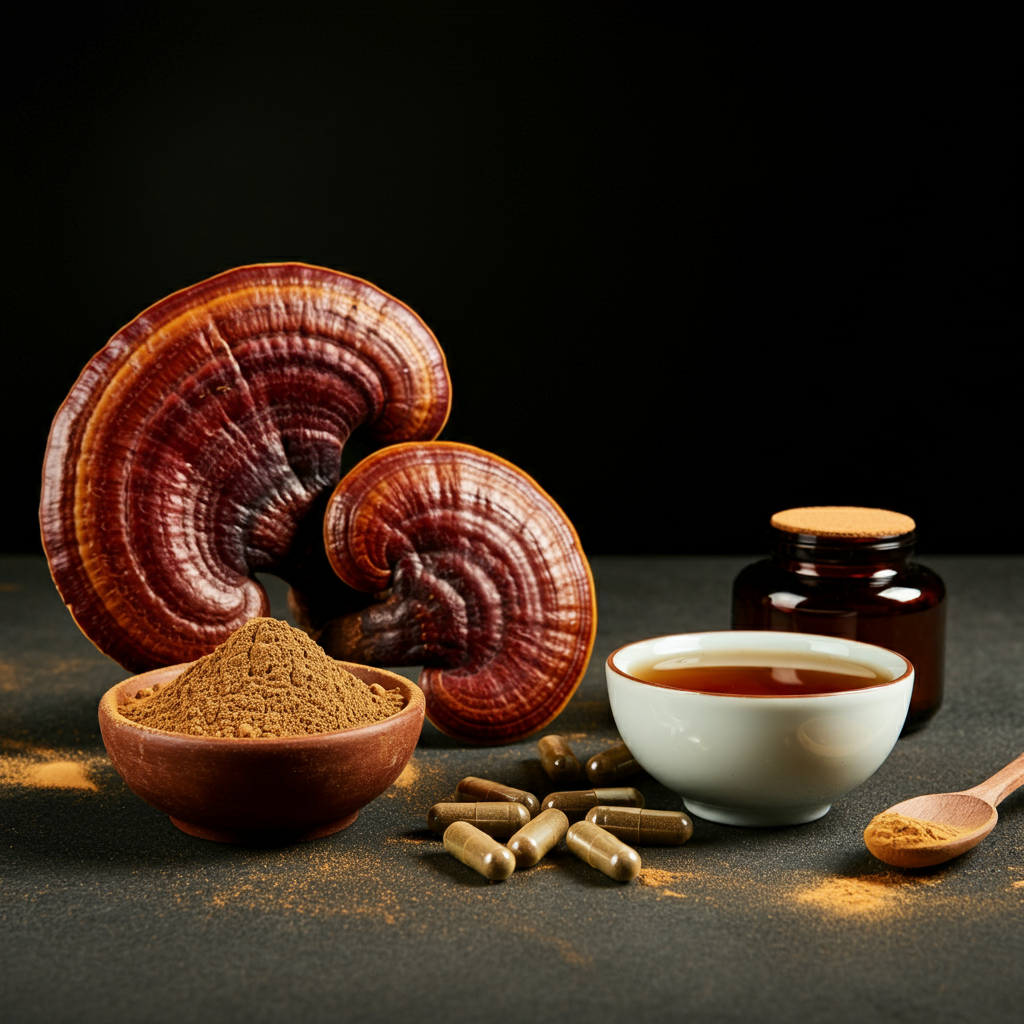Preventing Recurrence of Hepatocellular Carcinoma After Curative Hepatectomy With Active Hexose-correlated Compound Derived From Lentinula edodes Mycelia
Authors: Toshiya Kamiyama, MD, FACS1, Tatsuya Orimo, MD1, Kenji Wakayama, MD1, Tatsuhiko Kakisaka, MD1, Shingo Shimada, MD1, Akihisa Nagatsu, MD1, Yoh Asahi, MD1, Takeshi Aiyama, MD1, Hirofumi Kamachi, MD1, and Akinobu Taketomi, MD, FACS1
Journal: Integrative Cancer Therapies
Study Design: Single-armed, non-randomized, open, and uncontrolled trial
Participants: 29 patients with hepatocellular carcinoma (HCC) who underwent curative hepatectomy
Intervention: Active hexose-correlated compound (AHCC) (1g) administered orally three times daily for 2 years
Outcome Measures:
- Recurrence-free survival rate
- Serum albumin levels
- Lymphocyte percentage
- Inflammation-based prognostic scores (neutrophil-to-lymphocyte ratio [NLR], prognostic nutritional index [PNI], systemic immune-inflammation index [SII])
- Toxicity and adverse events
Summary: The study aimed to evaluate the efficacy and safety of AHCC as adjuvant therapy in preventing HCC recurrence after curative hepatectomy. The 2-year recurrence-free survival rate was 48% for those without discontinuations and 55.2% for all patients with a history of treatment. The study also found that AHCC was safe and well-tolerated, with no significant toxicity or adverse events observed. The authors concluded that AHCC may be a safe and effective adjuvant therapy for preventing HCC recurrence after curative hepatectomy, and further randomized trials are warranted.

No responses yet